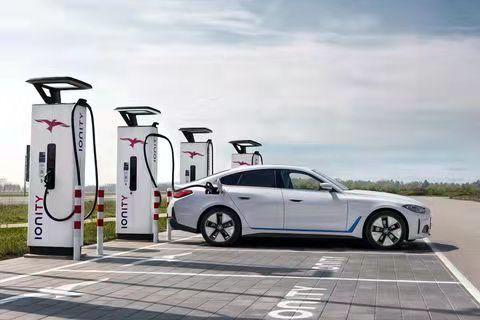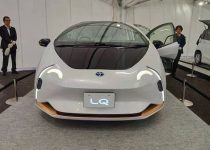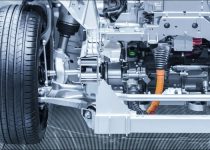Are electric vehicles more reliable than ICE vehicles

Electric vehicles (EVs) are generally considered to be more reliable than internal combustion engine (ICE) vehicles due to their simpler design and fewer moving parts. Here are some reasons why EVs are often seen as more reliable:
- Fewer moving parts: EVs have a simpler powertrain compared to ICE vehicles, which means there are fewer components that can wear out or fail. An electric motor has significantly fewer moving parts than a combustion engine, reducing the potential for mechanical issues.
- No transmission: Most EVs do not have a multi-speed transmission, as electric motors can provide a wide range of torque and power across various speeds. This eliminates the need for a complex transmission system, which can be a source of mechanical problems in ICE vehicles.
- No exhaust system: EVs do not produce exhaust gases, so they do not require an exhaust system, which can be prone to rust, corrosion, and other issues over time.
- Reduced need for fluids: EVs do not require engine oil, transmission fluid, or coolant for the engine, reducing the potential for leaks and associated maintenance.
- Regenerative braking: EVs use regenerative braking to recover energy during deceleration, which reduces wear and tear on the traditional friction brake components, extending their lifespan.
- Lower maintenance requirements: Due to their simpler design, EVs generally require less maintenance compared to ICE vehicles. There are no oil changes, timing belts, spark plugs, or other routine maintenance tasks typically associated with combustion engines.
However, it is essential to note that EVs are not entirely free from potential reliability concerns. Some areas where EVs may face reliability challenges include:
- Battery degradation: Over time, the capacity of an EV’s battery can degrade, reducing its range and performance. However, most manufacturers provide warranties to cover battery degradation, and advances in battery technology continue to improve lifespan and resilience.
- Electric motor reliability: Although electric motors are generally reliable, they can still experience issues such as bearing wear or insulation breakdown. Regular maintenance and inspection can help mitigate these issues.
- Electronics and software: Modern vehicles, including EVs, rely heavily on electronics and software for various functions. These systems can sometimes experience glitches or failures that can affect vehicle performance and reliability.
Overall, EVs tend to be more reliable than ICE vehicles due to their simpler design and lower maintenance requirements. However, like any vehicle, EVs can still experience issues, and proper maintenance and care are essential to ensure their long-term reliability.


